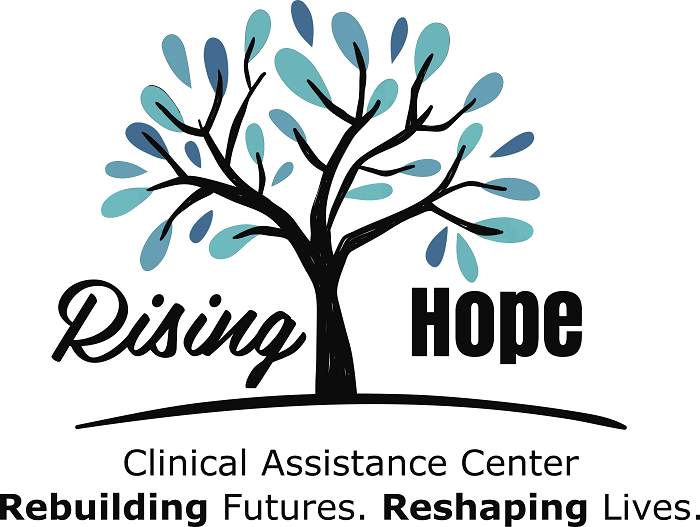

Why Depression is More Prevalent in Women than Men
It has been widely documented that there are gender differences in depression prevalence, with women experiencing major depression more often as men. Women are about twice as likely as are men to develop depression during their lifetime. Several risk factors have been studied which might account for gender differences in depression prevalence.
Hormonal Differences
Premenstrual Problems
Small number of females have severe disabling symptoms that disrupt studies, jobs, relationships or other areas of their lives; this may cross the line of PMDD (premenstrual dysphoric disorder) – a type of depression that requires treatment. Possible cycle changes in estrogen, progesterone and other hormones can disrupt the function of brain chemicals such as serotonin that control mood.
Postpartum Depression
- Low self-esteem, mom-guilt
- Trouble sleeping
- Crying more often than usual
- Anxiety/feeling numb
- Inability to care for child
- Thoughts of suicide
- Thoughts of harming baby
Menopause
- Anxiety/depression history
- Stressful life events
- Weight gain or higher BMI
- Menopause caused by surgical removal of ovaries
- Interrupted/poor sleep
Life Circumstances
Evidence suggests that, women may experience more stressful life events and have a greater sensitivity to them than men. Studies of adult women have found that women are more likely than men to become depressed in response to a stressful life event and to have experienced a stressful event within six months prior to a major depressive episode. However, depression prevalence rates also tend to be fairly consistent globally, which may suggest that biological influences play the largest role and that factors such as socioeconomic status, education, race, diet, and culture.
Puberty
- Sexuality and identity issues
- Conflicts with parents
- Increasing pressure to achieve in school, sports or other areas of life
Pregnancy
- Infertility
- Unintended/unwanted pregnancy
- Lack of social or emotional support
- Relationship problems
- Lifestyle or work changes, or other life stressors
- Miscarriage
Socialization Differences
Researchers have found that gender differences in socialization could play a role as well. Girls are socialized to be more nurturing and sensitive to the opinions of others, while little boys are encouraged to develop a greater sense of mastery and independence in their lives. Some researchers suggest that this type of socialization may cause depression to manifest differently in men.
- Unequal power/status
- Work Overload
- Sexual/Physical Abuse
Signs of Depression
Depression is a common mental condition that negatively affects how you think, feel and act. Perpetual feelings of sadness or losing interest in activities that once were enjoyable are just a few signs of depression.
Talk to your primary care doctor about your symptoms; or seek help directly from a mental health professional. If you’re reluctant to see a mental health professional, reach out to someone else who may be able to help guide you to treatment, whether it’s a friend or loved one, a teacher, a faith leader, or someone else you trust.

